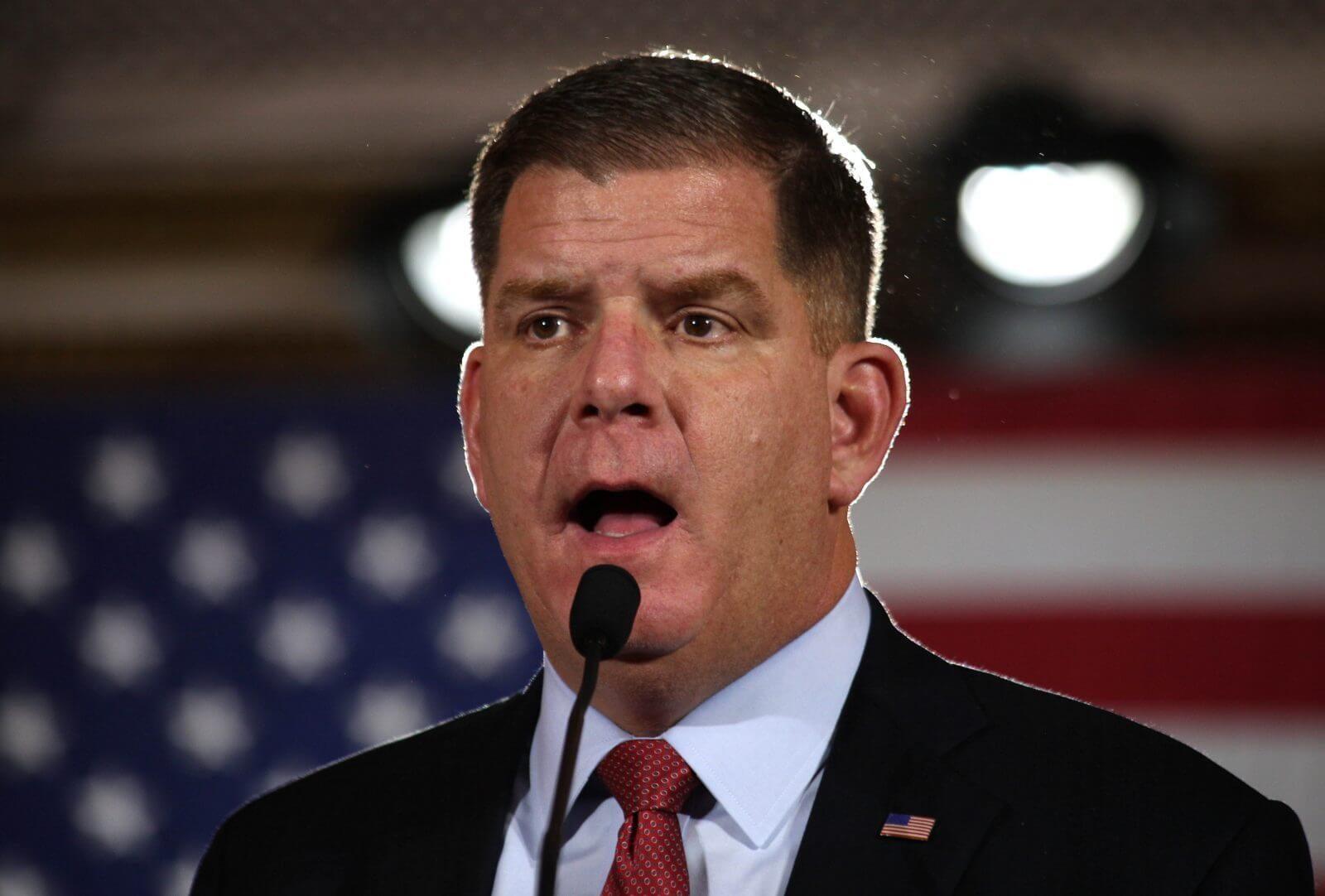Two congressional provisions aimed at easing the loan burdens of low-income college graduates are meeting resistance from some advocacy groups that claim the wording of the provisions makes students pay too much.
The current language of the Income-Based Repayment plan and the Public Service Loan Forgiveness Program could result in some graduates paying more than they should, Project on Student Debt spokeswoman Edie Irons said. The group approached the Department of Education about fixing the problems to make the provisions more effective for and available to recent graduates.
‘We’re working hard to make sure they are implemented fairly and are available to as many students as possible,’ Irons said. ‘There is just not enough clarity in the laws.’
The IBR plan, which provides relief to college graduates who do not earn enough to make loan payments, contains an unintended ‘double-counting penalty,’ Irons said. Married couples that file taxes jointly could end up paying up to twice as much as the law intends.
A spokesman from the Department of Higher Education declined to comment but pointed to a department docket, which argued that the Project’s recommendations conflict with the Higher Education Act of 1965. It would take an act of Congress to amend the law.
‘We’re in our early efforts with Congress, but we’re hopeful that we’ll find a vehicle to get these changes through,’ Irons said.
The Project on Student Debt is also working to correct the ‘ambiguous’ definition of a ‘public service job’ in the Public Service Loan Forgiveness Program, which will forgive federal loans for graduates who work in certain public-service jobs for 10 years, she said.
The definition of a ‘public service job’ can be found in the Higher Education Act, according to the Department of Education docket, and is meant to identify broad categories of eligible fields, not specific jobs.
This ambiguity is unacceptable, Irons said.’
‘[The law] just leaves these people in the dark,’ Irons said. ‘Public servants need to be able to be sure they are eligible before making major decisions about their career and their life.’
The incentive programs are a good opportunity for college graduates who are dealing with mounting debt regardless of the controversy, Northeastern University School of Law financial aid Director Linda Schoendors said.
The two provisions work in conjunction with older programs, such as the Direct Loan program, and together can free students from large amounts of debt, Schoendors said.
Irons said the Project on Students Debt fully supports these programs and their only goal is to make them easier to use.’ ‘
‘Both programs give students more freedom to pursue their dreams and take jobs that they want, even if they don’t pay the best,’ she said. ‘They are really important programs for students to know about and take advantage of.’
Poor students pay extra under law
By Daily Free Press Admin
•
October 31, 2008
1
0
Donate to The Daily Free Press
Your donation will support the student journalists of Boston University. Your contribution will allow us to purchase equipment and cover our annual website hosting costs.
More to Discover

























































































































//www.paydayloanmaxx.com/">cash advance</a> • Aug 3, 2010 at 2:20 pm
It doesn’t matter how much people make, it’s how people spend. when someone needs money they can always turn to a <a href=”http